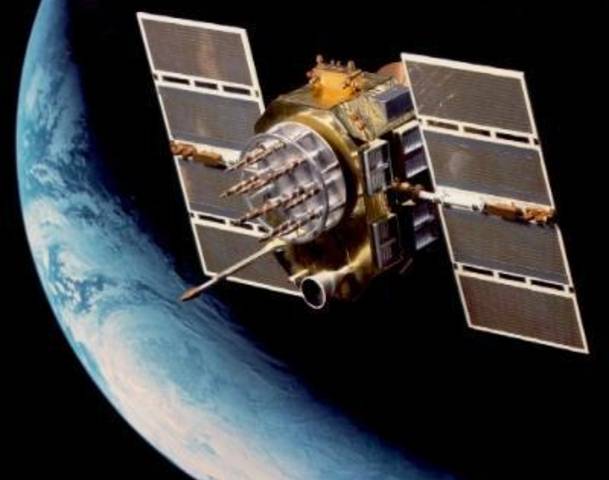Iranian Aerospace Industry Organization Director Mehdi Farahi announced Monday that Tehran plans to send the Fajr (Dawn) satellite into space on May 23.
 Iranian Aerospace Industry Organization Director Mehdi Farahi announced Monday that Tehran plans to send the Fajr (Dawn) satellite into space on May 23, the day that negotiators from Iran and the six major powers (the five permanent members of the UN Security Council and Germany) will meet in Baghdad for nuclear talks.
Iranian Aerospace Industry Organization Director Mehdi Farahi announced Monday that Tehran plans to send the Fajr (Dawn) satellite into space on May 23, the day that negotiators from Iran and the six major powers (the five permanent members of the UN Security Council and Germany) will meet in Baghdad for nuclear talks.
The Fajr satellite is a reconnaissance satellite powered by solar energy, Iranian Mehr news agency reported.
Iran plans to send the satellite into space aboard the upgraded Safir, satellite carrier rocket.
In February 2009, Iran successfully launched its first domestically-produced satellite, called Omid, into orbit.
Equipped with two frequency bands and eight antennas, Omid has an elliptical orbit with a minimum of 250 kilometers and a maximum of 400.
The lightweight telecommunications satellite is equipped with remote sensing, satellite telemetry and geographic information system technology as well as remote and ground station data processing.
Omid is a research satellite that has been designed for gathering information and testing equipment. Omid is the third Iranian-made satellite to be sent into space.
Russia launched Iran's first satellite in 2005. Three years later, another satellite, which had been jointly designed by Iran, China and Thailand, was also sent into orbit.
To date, only eight countries have launched domestically-made satellites into orbit. Tehran also plans to send its first astronaut into space by 2021.
The Iranian aerospace achievement comes as the country has been subject to sanctions for nearly 30 years. The sanctions have cut Iran's access to many goods, including spare parts for passenger planes and even various medicine.